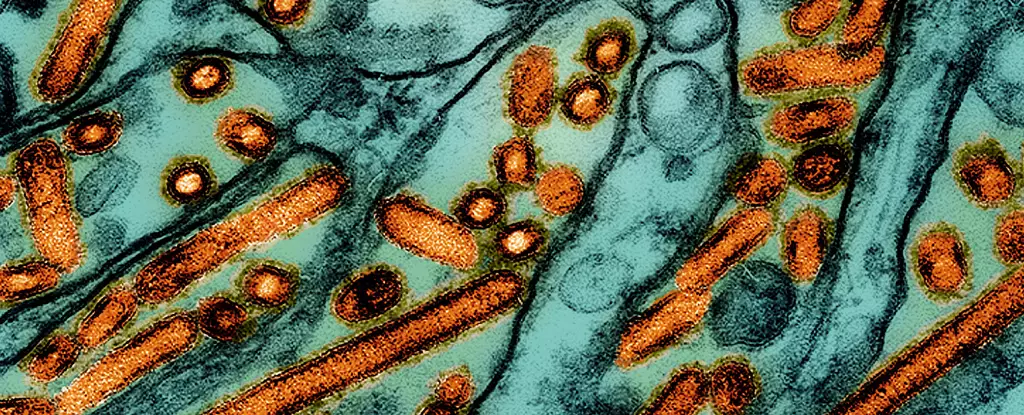The US health authorities have recently reported a second case of bird flu in a human, raising concerns about the spread of the disease. The first case was identified in Texas, followed by the second in Michigan. Both individuals infected with the H5N1 virus were dairy farm workers who experienced minor symptoms and have since recovered, according to authorities. Despite the low risk assessment for the general public, the CDC anticipates more cases to emerge due to the high levels of the virus in infected cows.
The latest case in Michigan was detected in a worker on a dairy farm where the H5N1 virus had been identified in cows. The worker exhibited only mild symptoms and has since recovered. The CDC reported that similar to the Texas case, the patient only reported eye symptoms. As of Wednesday, a total of 52 US herds were infected with bird flu across nine states, highlighting the extent of the spread in dairy cows.
Impact on the Agriculture Industry
The US Department of Agriculture has been working to identify the spread of the virus between cows within the same herd and between dairies associated with cattle movements. While sick cows can recover with little to no associated mortality, the department emphasized the need to provide financial aid to affected farms. Protective equipment has been made available to employees to prevent further transmission of the virus.
People with close or prolonged, unprotected exposures to infected birds or other animals, including livestock, are at greater risk of infection, according to the CDC. While there is no evidence of human-to-human transmission at present, health officials are concerned about the potential for the virus to mutate into a form that could pass between humans. Avian influenza first emerged in 1996 and has since impacted millions of poultry and a growing number of infected mammals.
Concerns About Transmission and Mutation
Experts have expressed surprise at the susceptibility of cows and goats to the H5N1 strain, as they were not previously thought to be at risk. While virus fragments have been detected in pasteurized milk, health authorities assure the public that milk sold in US stores is safe due to the effectiveness of pasteurization in killing the virus. However, the fear of widespread transmission and mutation remains a significant concern among health officials.
The rise of bird flu cases in the US, particularly among dairy farm workers, highlights the need for vigilance and proactive measures to prevent further spread. While the risk assessment for the general public remains low, the potential for more cases and the possibility of mutation raise significant concerns. Continued monitoring and support for affected farms are essential to contain the outbreak and protect both animals and humans from the consequences of avian influenza.


Leave a Reply